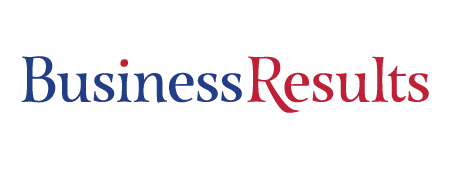04 Apr From A to Gen Z
In recent years, all the talent and labor talk has focused on Millennials. But there’s a new kid in town, so to speak. According to the Bureau of Labor Statistics, Gen Z now makes up 12.7% of the total labor force in 2023, of which 32.8% are ages 16-19, and 66.6% of those Gen Z workers are ages 20 to 24. These employment levels are the highest they’ve been since 2009, indicating a reversal of a 40-year decline in young adult employment. So, how are Gen Z workers different than their predecessors, and how can you get these willing young workers into your organization?
Above all, Gen Z workers want security, with an emphasis on work that pays well enough to thrive, not just survive. Gen Z people tend to be fiscally-minded and financially-conscious, lessons acquired young, witnessing their parents during the 2008 financial crisis. Now, in a world where costs of housing, food, and other expenses continue to rise, this generation recognizes the importance of being smart with money. The recent pandemic also changed the way people work; Gen Z employees now tend toward roles that allow work from home, either fully or hybrid.
There are more Gen Z employees in the labor force than Boomers in 2024. As the workforce ages, it is important to hire younger workers to ensure institutional knowledge isn’t lost, while developing top talent. Gen Z workers also tend to bring skills, including tech savvy and social media acumen, valuable assets in today’s ever-changing online world. They can contribute a different or innovative way of thinking about work because they aren’t afraid to try new things and experiment, and tend to seek out new learning opportunities.
Before even posting a job ad aimed at these younger workers, review your job models. Gen Z people look beyond just getting a job. They are looking at the skills and requirements, and comparing them to their own interests and career goals, with an eye toward their own professional development. They also tend to seek out hybrid or fully-remote roles, if you offer them, as well as nontraditional work schedules. Be upfront about how truly in-person the role is. Additionally, Gen Z workers tend to prioritize their health and mental health, and strive to have a good work-life balance. Show off any health benefits your company offers, as well as PTO program, paid holidays, or sick leave. This generation needs to know their potential employers treat their employees as real humans, not robots.
Another value Gen Z people prioritize is learning and advancement. According to LinkedIn’s Workforce Confidence Index Report, 76% of Gen Z has expressed interest in learning and practicing a new skill. Just as the online world is ever-changing, Gen Z love to try new things. Many bounce from career to career, picking up skills and experiences until something new catches their eye. To them, stagnation is akin to personal and professional failure, so it is essential to always be learning something new. This jump from skill to skill is representative of the ever-changing online landscape they grew up in, as well as their involvement in the gig-economy and self-employed roles. Another consideration is to include opportunities for advancement in job postings, as well as any mentorships or training you offer.
The Gen Z cohort tend to be a socially-conscious group. They often will not tolerate inequality, not only for themselves but for their peers. They will gravitate to companies that make a commitment to hiring diversity. Be sure to practice what you preach, and create a safe and welcoming environment for new hires, because they aren’t afraid to leave if they feel those values of fairness and equity were just “talk.”
During the pandemic, workers between 16-24 got a 9.8% pay hike, and Gen Z employees are not willing to give that up, especially with the current cost-of-living crisis. Take a look at your job postings. Do you list the salary, benefits, hours, and schedule? Oftentimes, if the salary isn’t listed, many Gen Z applicants won’t even read the rest of the posting. If the salary information isn’t listed, they may feel the company is hiding something, or that the application process isn’t worth the time and energy, just to find out at the end that the pay isn’t what they are hoping for.
Being online does not mean being isolated. Gen Z folks will tend to form intricate online communities. In the workplace, collaboration is key. Some prefer to work in-office, while others prefer to attend an occasional company outing. When hiring Gen Z workers, a good onboarding process is essential, to make sure the new employee feels welcome. Your current Gen Z employees can also help to attract new hires as testimonials about positive experiences working with your company or for referrals among their peers.
When facing a large volume of applications, be prompt and responsive. Use objective job models and people data to streamline the process. And make decisions efficiently. No candidate likes to wait for months for an answer. The longer you wait, the more potential candidates you lose. Offer top applicants the opportunity for in-person interviews, if possible.
Sweeping generalizations may make for catchy headlines, but every member of Gen Z is an individual. Each has their own likes, dislikes, wants, and desires. As younger workers, they may lack knowledge or experience, but so did every other generation before they first entered the workforce. Business Results, LLC helps you to look beyond the resume to develop job models to attract star individuals, and equips managers with the tools they need to hire and inspire their employees of all generations.


